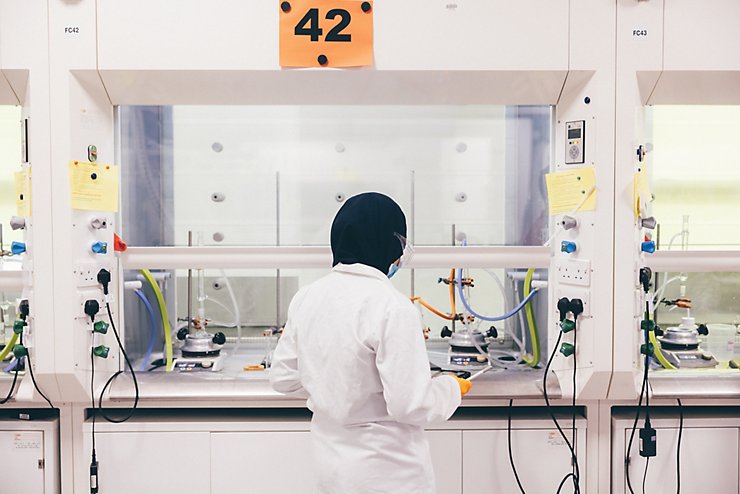*For full details including fees for part-time students and reduced fees during your time studying abroad or on placement (where applicable), see our fees page.
If you are a student from the EU, EEA or Switzerland, you may be asked to complete a fee status questionnaire and your answers will be assessed using guidance issued by the UK Council for International Student Affairs (UKCISA).
Scholarships and bursaries
The University of Nottingham offers a wide range of bursaries and scholarships. These funds can provide you with an additional source of non-repayable financial help. For up to date information regarding tuition fees, visit our fees and finance pages.
International students
We offer a range of international undergraduate scholarships for high-achieving international scholars who can put their Nottingham degree to great use in their careers.
International scholarships
Tuition fees 2025/26 (UK undergraduate students)
The UK Government has confirmed that the maximum tuition fee for full time UK undergraduate and Initial Teacher Training students studying in England will increase to £9,535 for the 2025/26 academic year. The university will charge the maximum approved fee, which is an increase of £285 per year. For more information, please read our FAQs.
Additional costs
As a student on this course, you should factor some additional costs into your budget, alongside your tuition fees and living expenses. You should be able to access most of the books you will need through our libraries, though you may wish to purchase your own copies.
Scholarships and bursaries
The University of Nottingham offers a wide range of bursaries and scholarships. These funds can provide you with an additional source of non-repayable financial help. For up to date information regarding tuition fees, visit our fees and finance pages.
Home students*
Over one third of our UK students receive our means-tested core bursary, worth up to £1,000 a year. Full details can be found on our financial support pages.
* A 'home' student is one who meets certain UK residence criteria. These are the same criteria as apply to eligibility for home funding from Student Finance.




